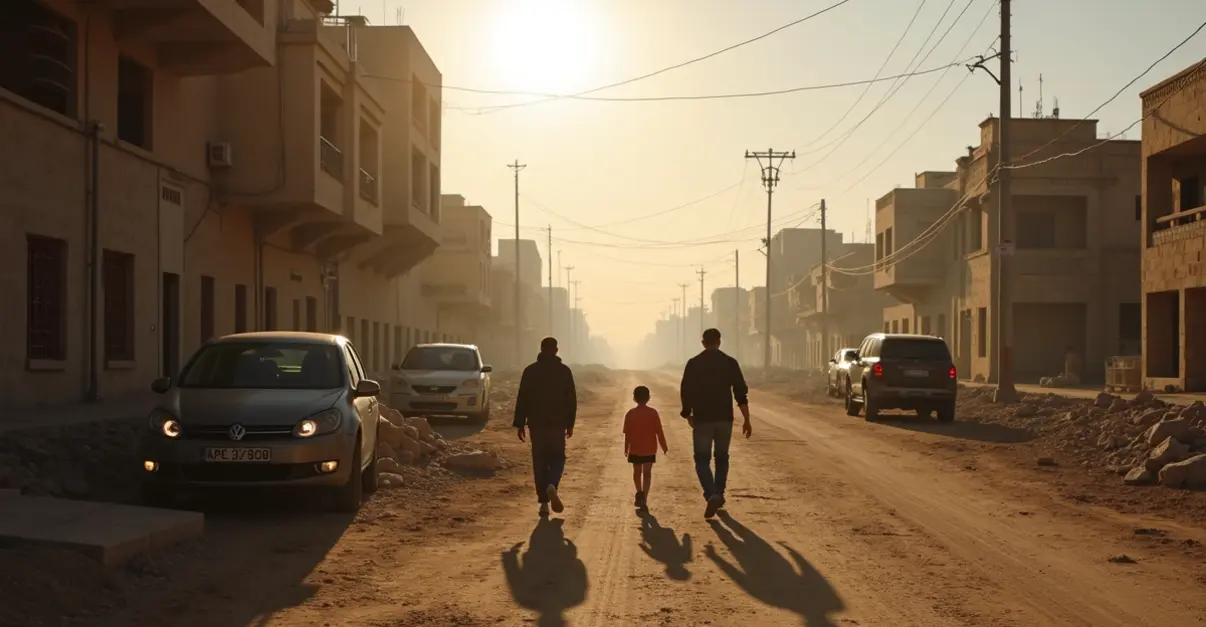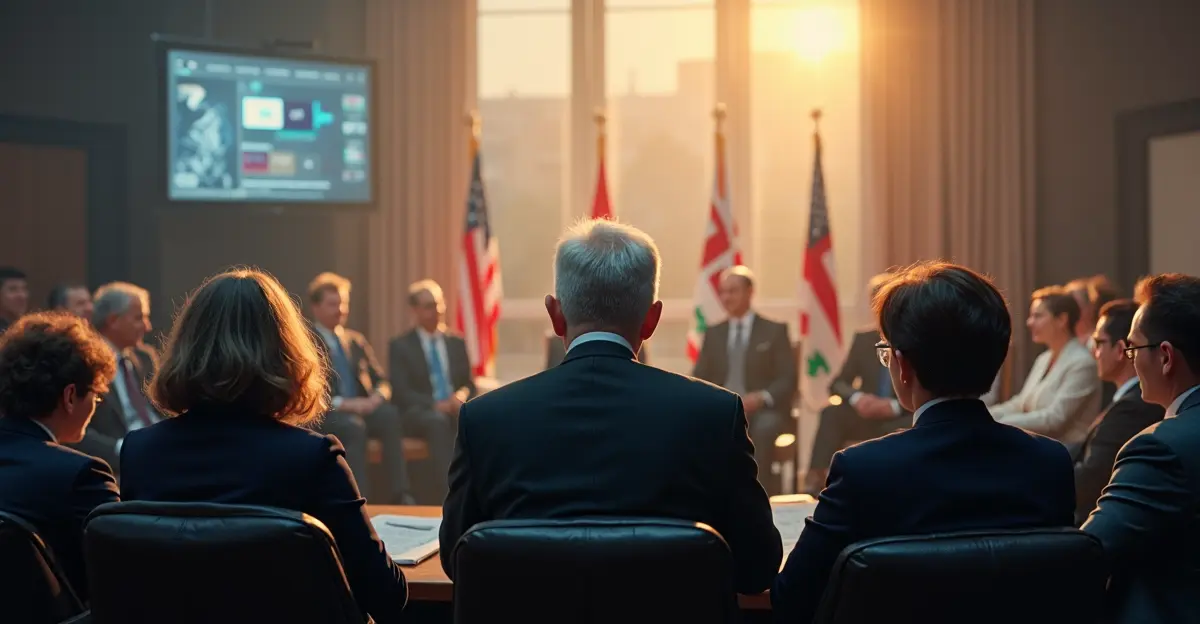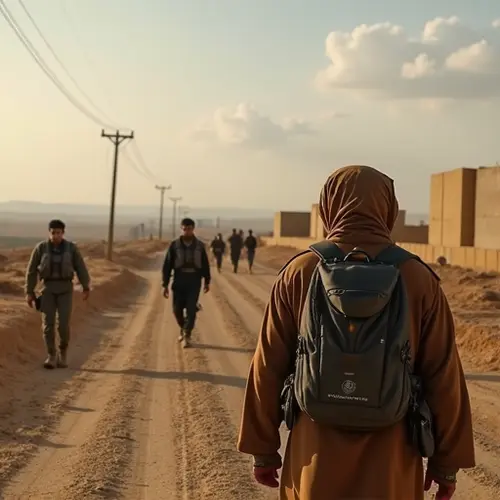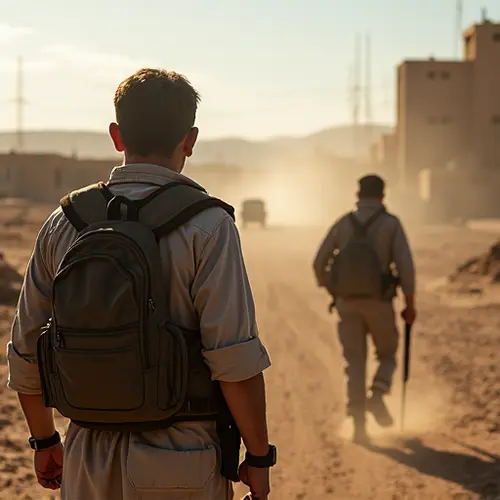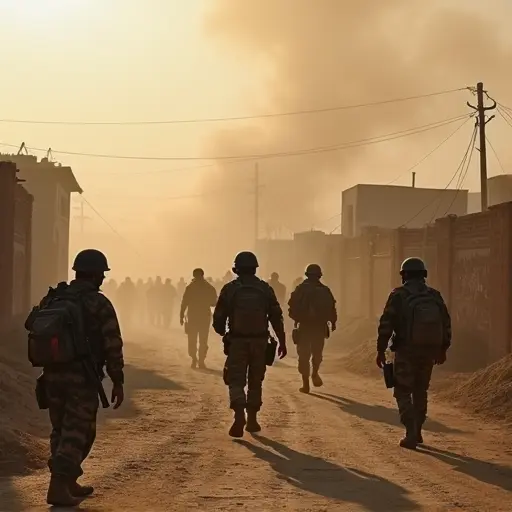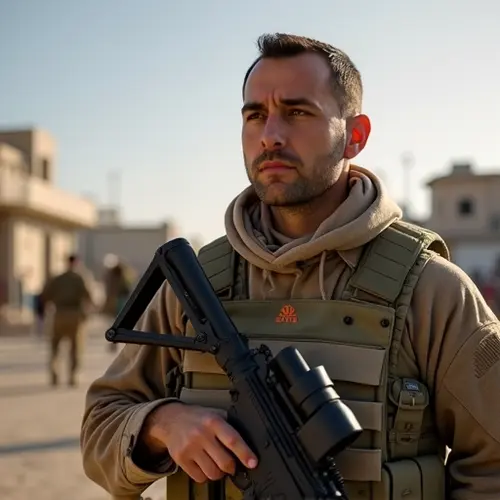Syria's first post-Assad elections show limited representation for women (only 6 of 119 seats) and minorities, raising concerns about inclusive governance in the transitional period.
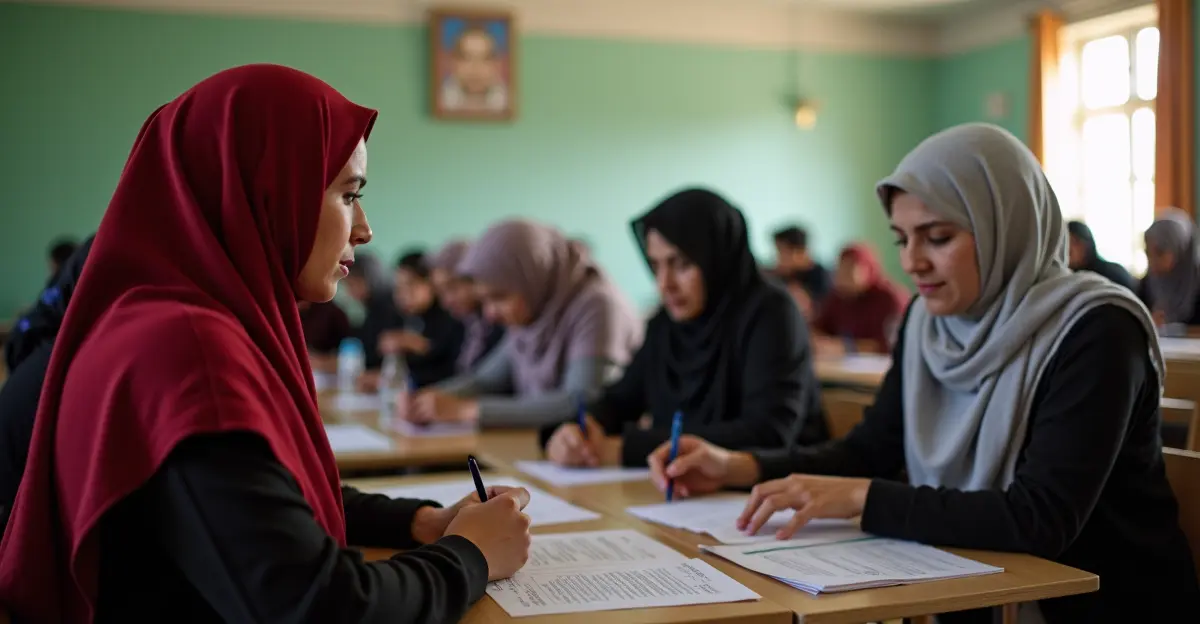
First Post-Assad Elections Reveal Representation Gaps
The first Syrian parliamentary elections since the fall of dictator Bashar al-Assad in December 2024 have resulted in limited representation for women and minority groups, according to preliminary results released this week. The indirect electoral process, which saw approximately 6,000 members of regional electoral committees select two-thirds of the parliament members, has drawn criticism for its failure to adequately represent Syria's diverse population.
Disappointing Numbers for Women and Minorities
Among the 119 elected candidates, only six are women, representing a mere 5% of the elected positions. Religious and ethnic minorities fared slightly better, with ten seats going to groups including Kurds and Christians, and two positions allocated to Alawites - the minority to which the ousted president Assad belonged. 'The representation of Syrian women remains unsatisfactory,' acknowledged Nawar Najma, spokesperson for the Higher Electoral Committee, during a press conference.
The electoral process itself faced significant challenges, with 21 seats remaining unfilled due to postponed elections in several regions. Areas under Kurdish control in northern and northeastern Syria, along with the Druze-majority province of Sweida, were excluded from the voting process as the transitional government lacks authority in these territories.
Historical Context and Electoral System
These elections mark a significant milestone in Syria's transition from decades of authoritarian rule under the Assad regime. The country has been grappling with the aftermath of a devastating civil war that began in 2011 as part of the Arab Spring protests and culminated in Assad's fall in December 2024. The conflict resulted in hundreds of thousands of deaths and displaced millions of Syrians, creating what authorities describe as unreliable population data that complicated the electoral process.
President Ahmed al-Sharaa, who assumed power following the revolution, had previously indicated that direct elections might take up to four years to organize. The current indirect system was deemed necessary due to what human rights lawyer Anwar al-Bunni described as 'the absence of political work, parties, and political activism' following years of authoritarian rule.
Mixed Reactions from Syrian Citizens
Correspondent Daisy Mohr recently spoke with residents in Damascus who expressed cautious optimism about the electoral process. 'It's not perfect, but it's a first step,' one citizen remarked, reflecting the mixed feelings many Syrians hold about their country's political future.
The electoral system established by Presidential Decree 66 in June 2025 created an 11-member Higher Committee for People's Assembly Elections responsible for overseeing the formation of electoral sub-committees. The committee had initially aimed for at least 20% women's participation, a target that clearly was not met in the final results.
Looking Ahead
President Sharaa is expected to appoint the remaining 70 members of the 210-seat parliament in the coming weeks. Electoral officials have expressed confidence that the president will address the current imbalances in representation through these appointments. However, the significant power vested in the presidency regarding parliamentary appointments has raised concerns among some Syrians about the democratic nature of the transition.
The challenges facing Syria's new political system are substantial. Beyond representation issues, the country must address reconstruction after years of conflict, the return of refugees, and establishing stable governance across all regions. As one political analyst noted, 'This election represents both progress and the enormous work still ahead for Syria's democratic development.'
For more detailed information about Syria's political transition, visit Wikipedia's coverage of the 2025 Syrian parliamentary election and background on the Syrian civil war.

 Nederlands
Nederlands
 English
English
 Deutsch
Deutsch
 Français
Français
 Español
Español
 Português
Português




